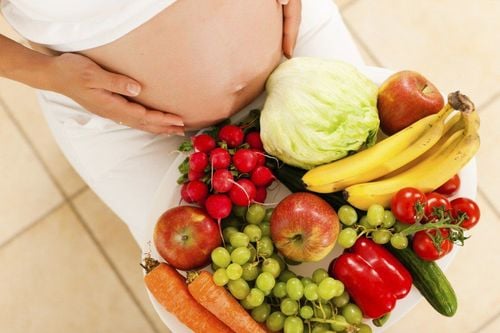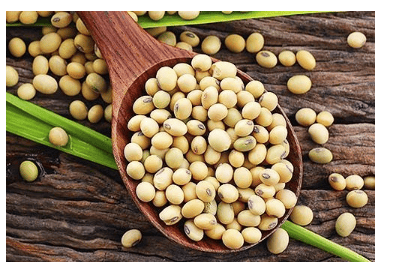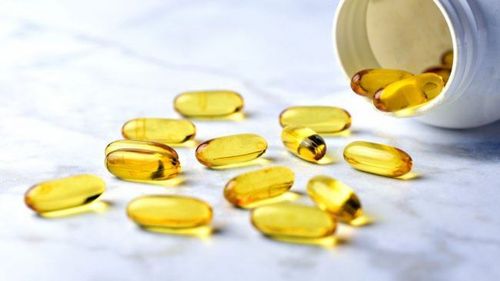This is an automatically translated article.
You're trying to conceive, so it's time to change your eating habits. You can increase your nutrition by eating healthy foods and maintaining a healthy lifestyle. Nutrient-rich foods, including fruits and vegetables, fish, oysters, plant proteins and whole grains, may help support fertility, some studies suggest. Limit alcohol, trans fats, and caffeine. Encourage your partner to also have a healthy diet as this supports healthy sperm. So to help you get pregnant, what foods and nutrients do you need most? And how to eat?
Until now, there has not been any scientific evidence that specific foods can make a woman more fertile, but a reasonable and healthy diet gives more effective than people think in the matter of fertility. "Everything you eat affects everything in your body, from your blood to cells to hormones," says Cynthia Staad, a registered dietitian in Colorado. A woman can optimize and increase her chances of conceiving by maintaining a healthy weight and lifestyle, eating healthy foods, and minimizing stimulants and other harmful substances. harmful foods. A healthy diet can also help a woman have a healthy pregnancy after conception.
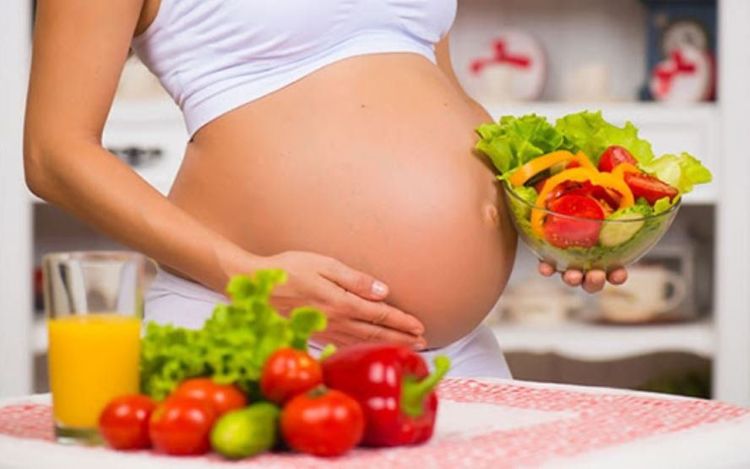
Chế độ ăn uống lành mạnh giúp phụ nữ có một thai kỳ khỏe mạnh
1. Foods that can support fertility
Some of the foods below have been proven to aid fertility, including:
1.1. Fruits and vegetables Consider fruits and vegetables as a multivitamin that nature gives to humans. Fruits and vegetables provide a wide range of vitamins and minerals and are especially important for supplementing with certain nutrients that are especially important before a woman conceives.
Foods like spinach, brussels sprouts, asparagus, cabbage, citrus fruits, nuts, legumes, whole grains, breads and cereals add a lot of B vitamins to the body. body. Vitamin B is a natural form of folic acid, an essential nutrient in the vitamins that a woman needs if she is planning to become pregnant. Eating foods rich in B vitamins during pregnancy and pregnancy can help prevent neural tube-related birth defects such as spina bifida. B vitamins can be lost during cooking so try to steam or boil vegetables with a small amount of water to retain the vitamin B.
In general, fruits and vegetables are always a good choice. Best for all healthy diets, not just for pregnant women.
1.2. Fish Fatty fish such as salmon, anchovies, herring... are the best sources of omega-3 fatty acids for the body. These essential fats may have a positive effect on a woman's fertility, according to some scientists. Studies show that a diet rich in omega-3 fatty acids can help regulate ovulation, improve egg cell quality, and even slow the aging of the ovaries.
Some people think that fish contains a lot of mercury, a heavy metal that is harmful to a child's developing brain and nervous system. However, not all fish are high in mercury. According to the US Food and Drug Administration, women who are planning to become pregnant can eat about 3 pieces of fish a week without fear of affecting the fetus. However, the US Food and Drug Administration also recommends that certain types of fish are not healthy and should be limited, such as white tuna, and completely avoid swordfish, shark, and tilefish. Gulf of Mexico, mackerel, bigeye tuna and shark because these are all fish with very high levels of mercury.
In addition, women who are planning to become pregnant can also take fish oil supplements if they do not want to eat directly. However, you also need to talk to your doctor about the type of fish oil as well as the dose to use.
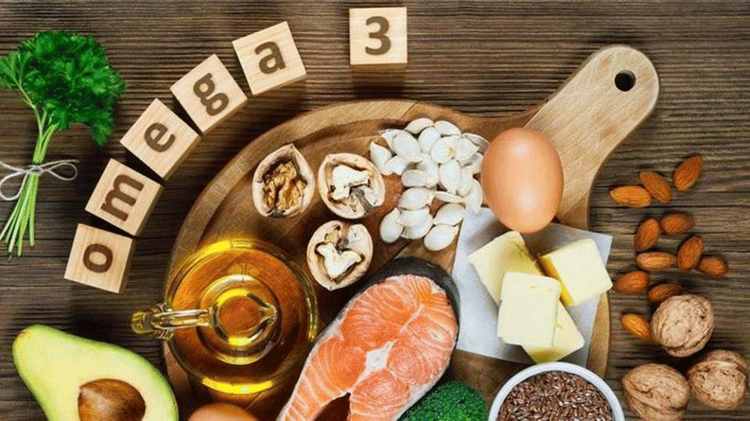
Acid béo omega-3 có tác động tích cực đến khả năng sinh sản của người phụ nữ
1.3. Oysters While the foods mentioned above have an effect on female fertility, oysters can enhance fertility in both men and women. Oysters are rich in zinc, which plays an important role in the production of semen and the hormone testosterone in men as well as ovulation and fertility in women. However, that does not mean that couples should include oysters in every meal they eat. Maintaining the recommended daily intake of zinc at 8 mg per day can help the reproductive system function normally, however too much zinc can be counterproductive and reduce fertility for both.
1.4. Plant-based proteins Protein is an important part of any diet. However, many people rely too much on animal protein sources from beef, pork, and chicken. In a recent study of 18,555 women, experts at Harvard University found that those who regularly supplemented with plant-based proteins such as peas, soybeans or tofu had less are at risk of infertility due to problems related to the ovaries.
In fact, plant-based proteins are often lower in fat and calories than animal-based proteins, so including them in your daily diet is also a great way to maintain a healthy weight.
1.5 Grains A woman who is planning a pregnancy should eat as many nutritious foods as possible and whole grains are among the great options. According to many studies, a healthy diet with whole grains is linked to a woman's fertility. Experts also recommend consuming half of the daily amount of whole grains in the form of whole grains.
Refined carbohydrates in white pasta, pasta and white rice do not directly reduce a woman's ability to get pregnant, but they make the body deficient in many important nutrients such as fiber, some B vitamins and iron. They have also been linked to polycystic ovary syndrome (PCOS), one of the leading causes of infertility in women. Polycystic ovary syndrome is a hormonal imbalance that can get worse when blood insulin levels are high, and refined carbohydrates are the main cause of this insulin spike. Mark Leondires, a fertility specialist and medical director of the Connecticut Society of Reproductive Medicine, explains that when women with PCOS eat too many refined carbohydrates, their blood insulin levels rise. affect the ovaries of women.

Phụ nữ nên sử dụng một nửa lượng ngũ cốc hàng ngày ở dạng nguyên hạt
2. What foods should be avoided or limited?
Try to minimize the amount of alcohol put into the body. Giving yourself a glass of wine every once in a while won't affect your chances of getting pregnant, but drinking more than that every day can have adverse effects. Alcohol can harm an unborn baby as well as alter the timing of ovulation in a woman.
In addition, foods containing trans fats should also be minimized. Found in many processed and fast foods, trans fats have been linked to infertility. Studies show that a diet high in trans fats may be linked to problems with ovulation as well as sperm count and quality in men.
There is some scientific evidence that drinking a lot of coffee a day can affect fertility. Therefore, experts recommend using a maximum of 200mg of coffee per day. Since no one knows for sure how caffeine affects fertility, women who are having trouble getting pregnant should consider eliminating coffee from their diet entirely.
3. Important lifestyle changes
For the process of conception and pregnancy to go smoothly, it is not only necessary to change the diet but also build good habits to prepare for a pregnancy as well as improve the health of the baby.
3.1. Taking prenatal vitamins with folic acid Even while maintaining a healthy diet, expectant mothers still need prenatal vitamins to reduce the risk of having a baby with a neural tube defect. Most experts recommend that all women start taking folic acid supplements at least a month before trying to get pregnant. In fact, the American College of Obstetricians and Gynecologists (ACOG) recommends that all women of childbearing age take a daily supplement of 400 micrograms (mcg) of folic acid.
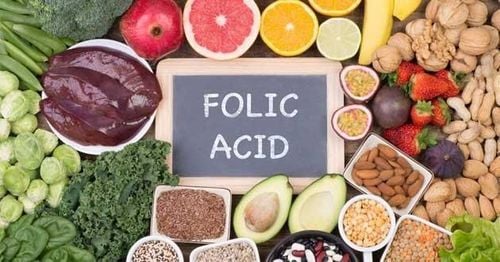
Bổ sung acid folic đầy đủ trong thai kỳ giúp giảm nguy cơ sinh con mắc dị tật ống bẩm sinh
Taking a prenatal vitamin ensures that you get enough folic acid and other essential nutrients to increase your chances of conceiving a healthy baby. Plus: There's some evidence that taking a prenatal vitamin can help you avoid morning sickness during pregnancy.
Remember, however, that supplements are a protective measure, not a substitute for a healthy diet. And because regular multivitamins can contain a lot of vitamins and minerals that could harm a developing baby, consider choosing ones that are specifically formulated for pregnant women.
3.2. Avoid Smoking and Stimulants Studies have shown that women who smoke and regularly use stimulants have a significantly higher risk of infertility. Although it is difficult to study the effects of smoking on fertility, it is well documented that tobacco smoke can cause adverse effects on fetal development.
3.3. Maintain a healthy weight Being overweight, obese, or underweight can all make it harder for a woman to get pregnant. In addition, obese women may experience more complications during pregnancy and delivery while low birth weight women are more likely to have low birth weight babies.
Not getting enough nutrients each day can affect the menstrual cycle, making it difficult for a woman to determine when she ovulates. In addition to following a healthy, low-fat, high-fiber diet, women also need to exercise regularly. If you feel overweight, aim to lose 1 to 2 kg per week. Excessive weight loss can cause the body to deplete its nutrient reserves and this is really not good for the fetus.
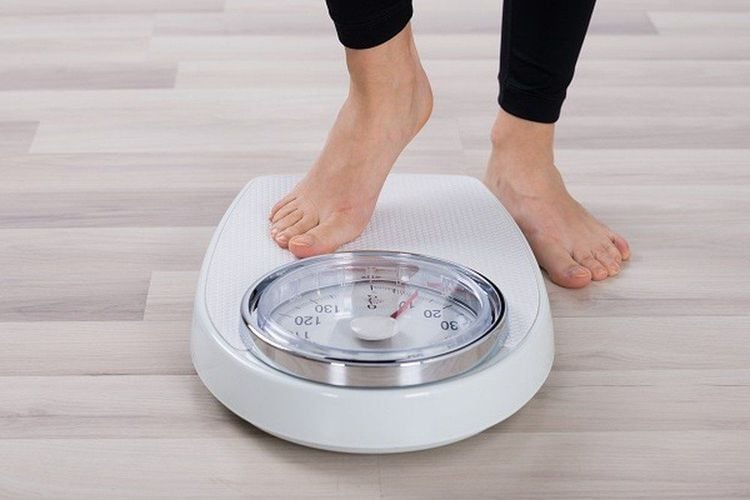
Một mức cân nặng hợp lý cũng ảnh hưởng đến khả năng sinh sản ở nữ giới
3.4. Iron supplement Attention should be paid to iron supplementation before pregnancy, especially for women with heavy menstrual periods. According to experts, pregnant women need about one-third more iron than they needed before pregnancy. Too little iron during conception not only affects the fetus, but can also put the mother at risk for iron-deficiency anemia.
Women can fully optimize their reproductive health to increase their chances of conceiving by consuming healthy foods in addition to maintaining a healthy lifestyle. Nutrient-rich foods including fruits, vegetables, fish, oysters, plant-based proteins and whole grains can support fertility in both men and women. In addition, it is also necessary to limit the use of alcohol, trans fats and caffeine.
Vinmec currently has many comprehensive health care programs for couples, pregnant mothers and their unborn babies, including basic pre-marital examination packages, advanced pre-marital examination packages, and full maternity programs. package . Vinmec has a team of experienced doctors in the fields of obstetrics and gynecology, IVF, stem cells, gene technology, capable of synchronously and comprehensively deploying the most advanced assisted reproductive techniques today.
For specific information about fertility and maternity packages at Vinmec, please contact the hospitals and clinics of Vinmec health system nationwide.
Please dial HOTLINE for more information or register for an appointment HERE. Download MyVinmec app to make appointments faster and to manage your bookings easily.
Reference sources: babycenter.com, whattoexpect.com
SEE MORE
CAN GOOD SEX HELP YOU BETTER? 6 sexual mistakes women often make and why "sex" how much is enough?




